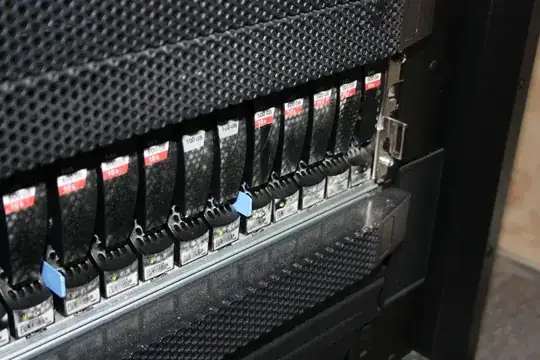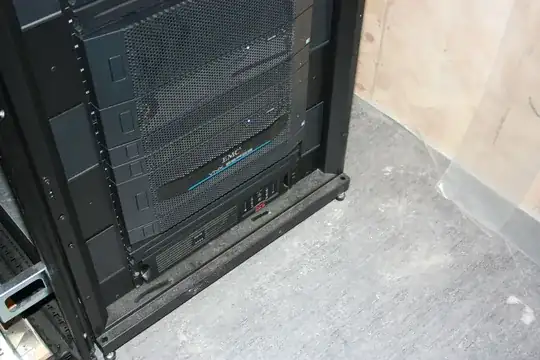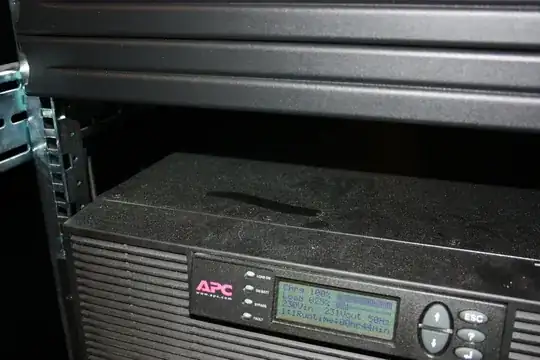Update: EMC has dropped our warranty and support, so this is going to be an insurance case. Dell says's that we can get a professional cleaning agency to refurbish the servers and keep our warranty. Cisco says "maybe". HP is still silent :(
Final update: EMC turned around and approved cleaning from a certified company. The VNX got shipped back to us today and works just fine. The rest of the server room is also getting cleaned, and our losses are limited to a couple of tape drives. The insurance company picks up the bill for just about everything else.
The original question:
Here's the story..
The owners of the building we lease office space from decided to do a renovation of the exterior. This involved in some pretty heavy work at the level where our server room is, including exchanging windows wich are fit inside a concrete wall.
My red alert went off when I heard that they were going to do the same thing with our server room (yes, our server room has a window. We're a small shop with 3 racks. The window is secured with steel bars.) I explicity told the contractor that they need to put up a temporarily wall between our racks and the original wall - and to make sure that the temporary wall is 100 % air and water-tight. They promised to do so.
The temporary wall has a small door in it, so that workers can go in/out through the day (through our server room, wich was the only option....). On several occasions I could find the small door half-way shut while working evenings/nights. I locked the door, and thought that they would hopefully get the point soon and keep the door shut. I even gave a electrician a mouthful when I saw that he didn't close the door properly.
By this point - I bet that most of you get a picture of what happened. Yes, they probably left the door open while drilling in the concrete.
I present you our 4 weeks old EMC VNX:


I'll even put in a little bonus, here is the APC UPS one rack further away from the temporary wall. See the nice little landing strip from my finger?

What should I do? The only thing that comes to mind is to either call all our suppliers (EMC, HP, Dell, Cisco) and get them to send technicians to check out all the gear in the server room, or get some kind of certified 3rd-party consulant to check all of it. Would you run production systems on this gear? How long?
I should also note that our aircondition isn't exactly enterprise-grade, given the nature of our small room. It's just a single inverter, wich have failed one time before I started working here (failed inverters usually leads to water dripping out).